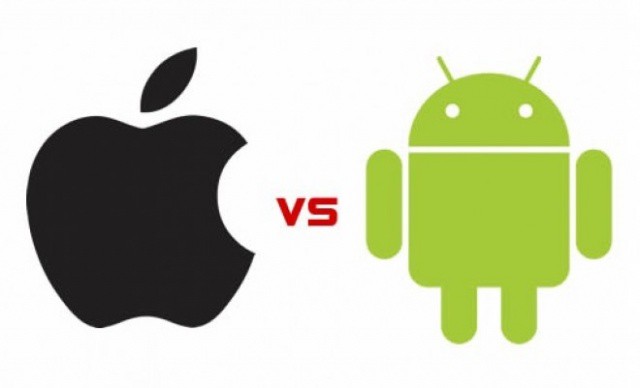Beyond the sheer number of devices sold, one of the biggest ways to Apple and Google try to position themselves as having the top mobile platform is by comparing the number of third-party apps available for users to download. Apple usually takes the number of apps available one step further when comparing iOS to Android by pointing out how many apps take advantage of the iPad’s tablet features such as screen size.
This is one of the reasons that an active and developer community is crucial a mobile platform’s success. Although Android entered the app race after Apple had begun to establish a successful developer community, the platform began to catch up quickly. All that seems to have changed over the past year, with a new report showing iOS developers are now creating three apps for every single new Android app.
The trend was identified by Flurry, a company that helps mobile developers integrate analytics and advertising into their apps. Flurry noted that at the beginning of 2011, the rates were much closer with two new Android apps for every three iOS apps. Peter Farago, vice president of marketing at Flurry noted that the company “saw a greater migration to iOS.”
That has longterm implications for both consumers and business users of third-party apps and some of the same trends causing developers to prefer iOS could easily apply to in-house app development at enterprise companies – particularly if you look at some of the trends that Businessweek identified based on the Flurry data and developer interviews, which include:
- The simpler development process and toolkit for iOS
- The variety of of Android devices including non-standard Android platforms like Amazon’s Kindle Fire
- The single Apple-managed App Store versus as many as 90 Android storefronts, including Google’s Android Market
- The differences in purchasing culture (iOS tends to offer more paid app success compared to Android where there is an expectation for apps to be free and developers to make money by in-app sales and ads)
For businesses developing apps, two of those trends – the ease of development and the limited variation between devices – certainly make iOS a much more attractive candidate. The inherently better security of iOS is also likely to sway corporate IT departments to prefer iOS as a platform for internal apps compared to Android.
It’s also worth noting that these four trends may be part of the reason that Android developers haven’t yet embraced tablet development in the same way that iOS developers have jumped on the iPad bandwagon.


